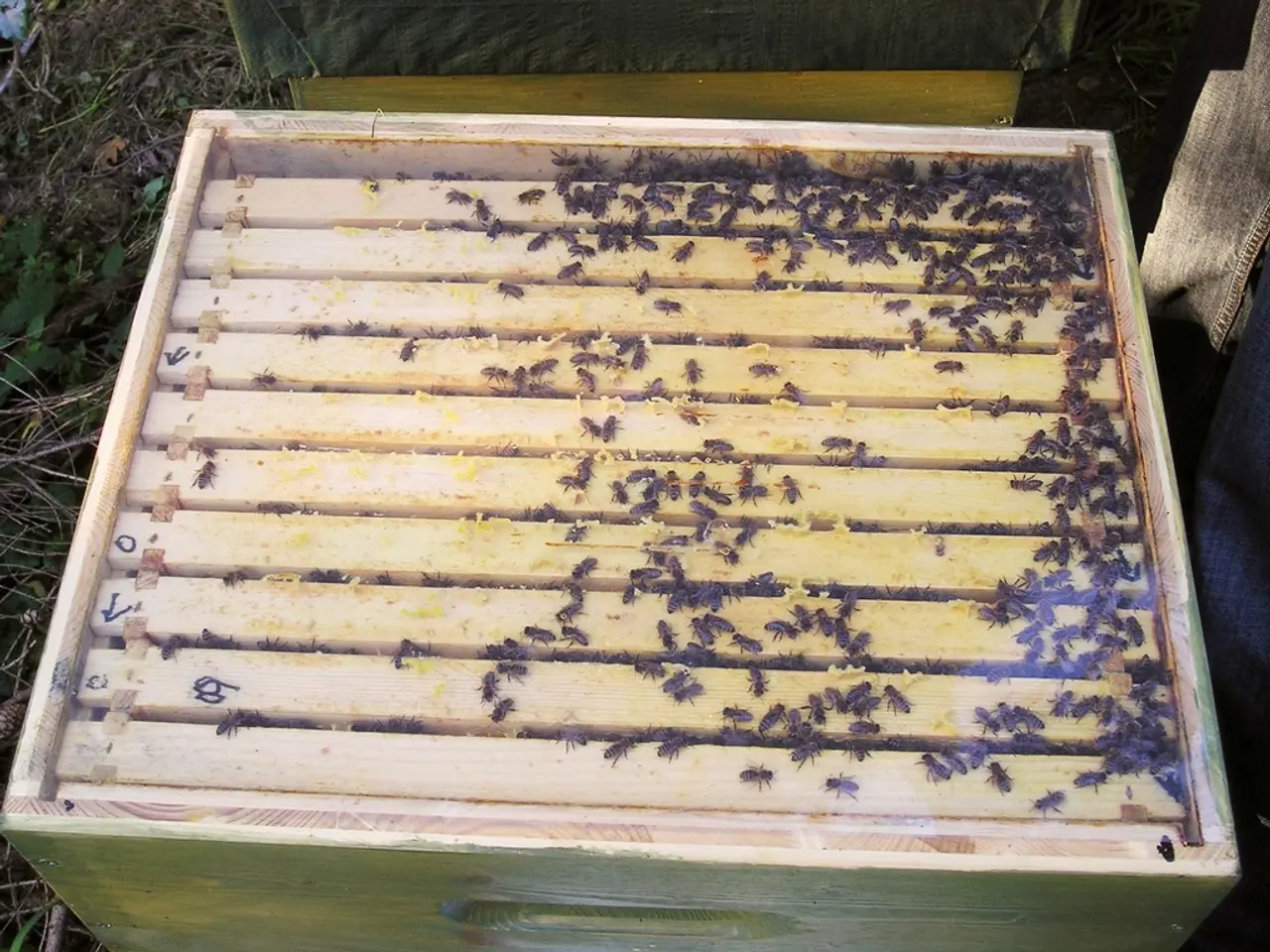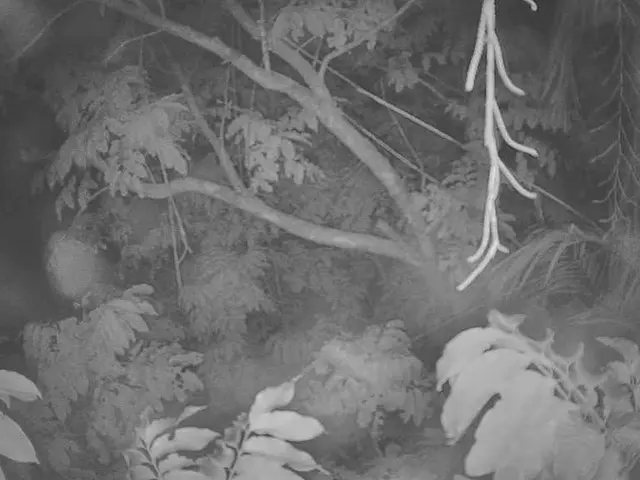Identifying Repellents for Woodchucks in Your Garden: Effective Solutions for Keeping Them Away
In the world of gardening, few pests can be as persistent and destructive as groundhogs, also known as woodchucks. These burrowing creatures can cause significant damage to your garden with their constant digging and foraging. However, with a combination of natural repellents and physical barriers, you can effectively deter groundhogs from your property.
Regularly checking for signs of groundhog activity, such as new burrows, damage to vegetation, and signs of gnawing on structures, is crucial to managing their presence effectively. If you suspect a groundhog has taken up residence in your garden, it's time to take action.
One of the most effective solutions is the use of natural repellents. Epsom salt, castor oil solutions, and mint or peppermint-based repellents have been proven to be particularly effective in deterring groundhogs.
Epsom salt, when sprinkled generously around the garden perimeter and near burrows, creates an uncomfortable environment for groundhogs, encouraging them to leave without harm. It's affordable, easy to apply, but needs frequent reapplication after rain or watering since it can wash away.
A homemade castor oil repellent can be made by mixing 1/4 cup castor oil, 2 tablespoons dish soap, and 1 gallon water. Spraying this around garden beds and burrows deters groundhogs through an unpleasant smell and taste, discouraging feeding and nesting.
Peppermint scent is disliked by many garden pests, including groundhogs. Placing mint plants near the garden or using peppermint-based sprays (like mint teas or commercial peppermint repellents) can repel them. Mint spreads aggressively, so manage planting carefully.
Utilizing natural repellents like garlic and hot pepper can also deter groundhogs without causing harm. Cayenne pepper, castor oil, vinegar, and essential oils like geranium can be used as natural deterrents to discourage groundhogs from inhabiting a property.
Combining natural repellents with solid physical barriers can significantly reduce groundhog intrusions and protect gardens from damage. Building fences can help prevent groundhogs from breaching the boundaries of a property. Burrow blockades can further reinforce fences to prevent groundhogs from digging under them.
Removing debris, trimming vegetation, maintaining a neat, mowed lawn, mulching garden areas with welded wire mesh, and protecting gardens and livestock with fencing can help discourage groundhogs from settling in.
When trapping and relocating groundhogs, it is crucial to check local laws and regulations regarding the relocation of wildlife. It's essential to ensure that you are not inadvertently causing harm to these animals or violating any local regulations.
Groundhogs live on average 6 years in the wild, but can reach up to 14 years with favorable conditions. They eat fruits, vegetables, and insects. During autumn, they hibernate and survive on their accumulated fat reserves.
Larry Meyers, a gardening expert with over 10 years of experience, has written posts about tulips, snail bait safety, and pumpkin planting in Missouri and Michigan. He suggests using apples, carrots, and lettuce as effective baits for groundhog traps.
In conclusion, a combination of sprinkling Epsom salt, spraying castor oil mixture, and using mint plants or peppermint sprays offers a practical, humane, and natural approach to keep groundhogs away from gardens. Regular reapplication is key for continued effectiveness. With these strategies, you can protect your garden from these burrowing pests and enjoy a thriving, pest-free garden.
[1] Source: National Wildlife Control Training Program, Cornell University [4] Source: University of Rhode Island Cooperative Extension
Incorporating certain plants and natural repellents into your home-and-garden lifestyle can help deter groundhogs, such as placing mint plants or using peppermint-based sprays around the garden. Additionally, maintaining a neat and clean home-and-garden environment, including a mowed lawn and proper debris removal, can discourage groundhogs from taking up residence.







